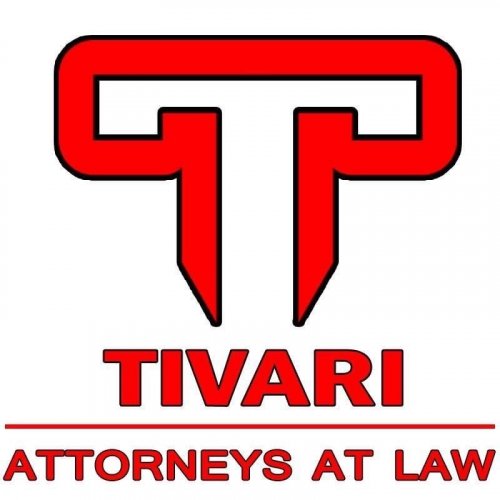Best Debt & Collection Lawyers in Durrës
Share your needs with us, get contacted by law firms.
Free. Takes 2 min.
List of the best lawyers in Durrës, Albania
About Debt & Collection Law in Durrës, Albania:
The field of Debt and Collection Law in Durrës, Albania involves the legal framework and processes related to borrowing, lending, and recovering debts. This field of law is overseen by national authorities like the Bank of Albania and the Financial Supervisory Authority, whose rules and regulations apply across the entire country including the city of Durrës. Yet, the practice may also be affected by local legal practices. Rules set by these organizations oversee matters such as the interest rates attached to borrowed funds, the collaterals required for lending, and the procedures for debt recovery.
Why You May Need a Lawyer:
Legal assistance may be required in various situations. If you are struggling to repay a loan, a lawyer can help renegotiate the terms with your creditor or even argue for debt relief on grounds of financial hardship. Conversely, if you're a creditor seeking to recover a debt, a lawyer will understand the legal measures available to you and can guide you through the process. Other situations, such as disputes over the amount of debt owed or claims of unjust lending practices, may also necessitate legal counsel.
Local Laws Overview:
In Albanian law, parties lending money must have a merited authorization by the competent government bodies, the Financial Supervisory Authority and the Bank of Albania. Debt recovery actions can be pursued only 90 days after the debtor fails to repay their debt. Furthermore, debt recovery must always follow designated legal procedures, which does not permit abuse of rights or unfair exploitation. Breaches can lead to fines and penalties. Besides, Albania employs a statute of limitations for debt collection, which is 10 years for contractual debts according to the Civil Code of Albania.
Frequently Asked Questions:
1. Can interest rates on debts be changed?
Interest rates, once agreed upon in the initial loan agreement, typically cannot be changed arbitrarily. Major alterations require renegotiations between debtor and creditor, often with legal counsel.
2. What happens if I fail to meet my debt obligations?
If you continuously miss payments, your debt may be referred to a debt collection agency. You may also face legal action which can result in a judgement against you, causing a serious impact on your credit score.
3. Can I be jailed for failing to pay a debt?
Albanian law does not allow imprisonment for debt. However, a creditor can initiate legal proceedings to seize property or garnish wages to recover the owed amounts.
4. Can a debt be forgiven?
In certain situations, yes. This generally requires proof of extreme financial hardship and is subject to the discretion of the creditor or a court order.
5. What happens if a debt collection agency breaks the law?
If a collection agency uses abusive or deceptive practices, the debtor can report the agency to the Financial Supervisory Authority and might also have grounds for a lawsuit.
Additional Resources:
People seeking assistance may turn to organizations such as the Consumer Protection Commission and the Ombudsman of Albania. Both are dedicated to protecting consumers' rights, including in matters of debt. The Bank of Albania and Financial Supervisory Authority also offer valuable insights into the regulations surrounding lending and debt recovery. They maintain updated resources on their websites.
Next Steps:
If you believe you need legal guidance in dealing with a debt or debt recovery issue, the first step is to engage a locally based lawyer familiar with debt and collection law. You should compile any relevant documents and information regarding your case to present for initial consultations. And always shred documents you no longer need that contain personal or sensitive information to prevent identity theft. Remember, reliable legal advice is crucial to understanding your rights and obligations, and effectively resolving the issues.
Lawzana helps you find the best lawyers and law firms in Durrës through a curated and pre-screened list of qualified legal professionals. Our platform offers rankings and detailed profiles of attorneys and law firms, allowing you to compare based on practice areas, including Debt & Collection, experience, and client feedback.
Each profile includes a description of the firm's areas of practice, client reviews, team members and partners, year of establishment, spoken languages, office locations, contact information, social media presence, and any published articles or resources. Most firms on our platform speak English and are experienced in both local and international legal matters.
Get a quote from top-rated law firms in Durrës, Albania — quickly, securely, and without unnecessary hassle.
Disclaimer:
The information provided on this page is for general informational purposes only and does not constitute legal advice. While we strive to ensure the accuracy and relevance of the content, legal information may change over time, and interpretations of the law can vary. You should always consult with a qualified legal professional for advice specific to your situation.
We disclaim all liability for actions taken or not taken based on the content of this page. If you believe any information is incorrect or outdated, please contact us, and we will review and update it where appropriate.









